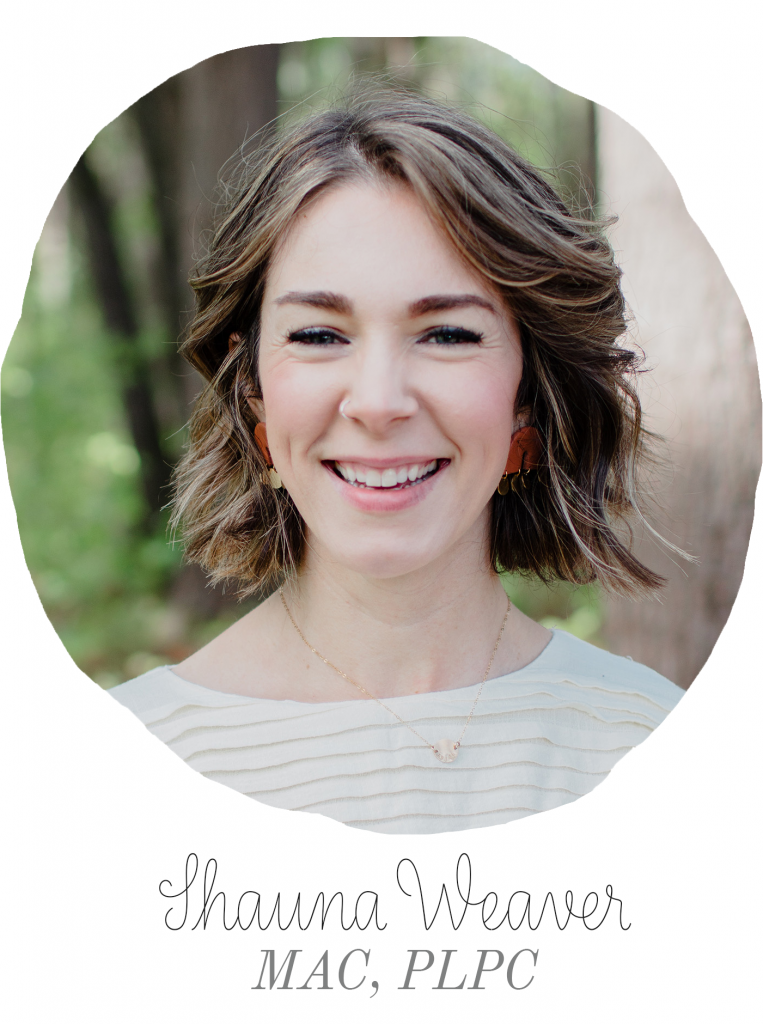“Have I talked to you about acceptance?”
She sat with her legs crossed tightly on the other side of the coffee table, eyes peering back at me over her black-rimmed glasses, a pen secured indifferently between her fingers. This was not the first time or session she had asked me this question. In fact, it was more like the third, and the undertone of impatience in her voice suggested she was as aware of this as I was.
I looked at her quizically, not sure how to respond. Was this a polite way of saying “move on already”? That didn’t seem therapeutic. But I was at a place in my journey where I still didn’t know I had a voice, or if I did, I didn’t know or feel it mattered. This was also my first counseling experience. Maybe this was just how counseling went?
The truth is that unfortunately, the subtle message of “you are the problem” felt too familiar for me to spit it back out.
So I kept seeing her.
And she kept asking:
“Have I talked to you about acceptance?”
Fast-forward a dozen years. Looking back as a therapist now myself, I’m saddened and lowgrade appalled by my former therapist’s suggestion that the key to all my grief, frustration, and deep-seated pain was found in a single word and concept that I could allegedly snap my fingers and access if I “got it together” or so chose: acceptance.
As if it was uncomfortable, but essentially easy. Like committing to floss every night. Or passing on the third cup of morning coffee. But more egregious was the implication that it would solve the very real pain and deeply rooted problems I presented her with, and should have been able to identify as a professional. Why else would she refer to it like a broken record, as though the hardest part of her job was the patience it required with my apparent unwillingness to hear?

Let me be clear: Acceptance is a necessary element for experiencing growth — especially for the parts of our suffering outside our control — for the simple fact that we cannot process what we’re in denial of. In other words,
Acceptance as a conduit of grief is healing. Acceptance as a substitute for grief does injustice to our pain and will keep us stuck.
Thankfully, it wasn’t long before I stopped seeing that therapist. But when I left each appointment, it was with more confusion, sprinkled with a little bit of shame.
I wish she would have honored my experiences by naming my need to grieve. Because grief wasn’t a choice or an option; unbeknownst to me, I was already in the thick of it. Grieving the things I couldn’t change. Grieving the quarter of a century before that moment that lead me there. I was already feeling the pain; I just didn’t have the language for what I was experiencing, or someone to walk alongside me as I navigated the difficult feelings I still wasn’t sure were ok to feel.
I wish she would have named the resilient parts of me that were banging on every door to make sense of my experiences and find healing. And then, eventually, between the waves of intensity that are so characteristic of grief, I wished she would have come alongside me and invited to me to evaluate where things in my life went sideways. I wish she would have provided me with corrective experiences — opportunities for our brain to notice that send messages opposite to the ones we received when we were young, which can be as various as the stars but include ones like “you’re too much,” “you’re all alone,” or the one I mentioned earlier that her approach actually seemed to confirm, “you’re the problem.”
The concept of acceptance sounded so noble and appealed to my independent and self-sufficient nature. How lovely if it really were the silver bullet my therapist implied it was! (I would certainly be out of a job.) But the human experience and psyche is more complicated and nuanced. What I needed was not a blanket concept, but a partnership with someone to wade into the mess with me and create space for my confusion and pain.
If you are navigating either life grief or death grief, I hope you’ll reach out to as many licensed professional as you need to until you find one that leaves you feeling seen, heard, validated, and yes, (eventually and occasionally) even challenged. If you’ve never been to counseling or are skeptical of its benefits, check out my post 10 Common Misconceptions About Counseling.
in wellness,
Shauna







